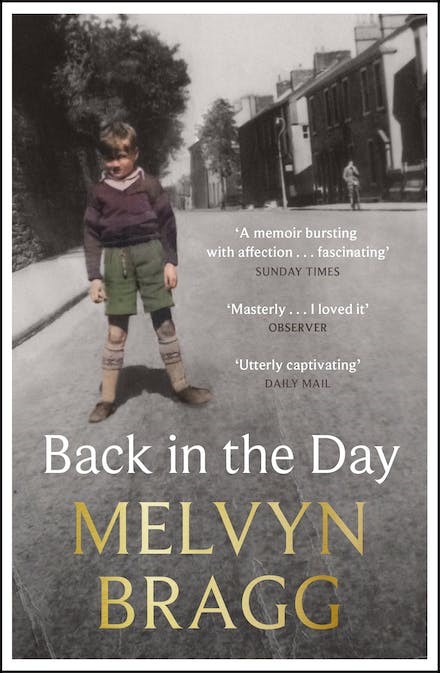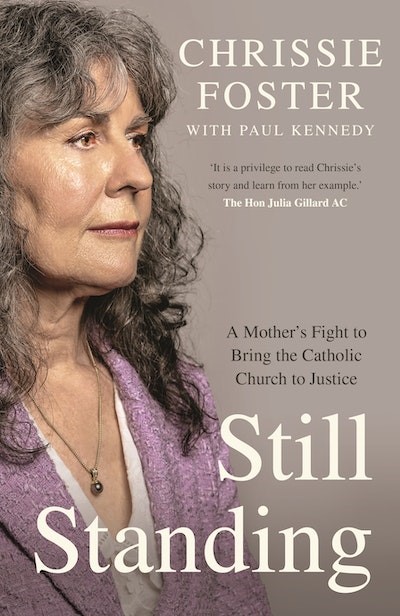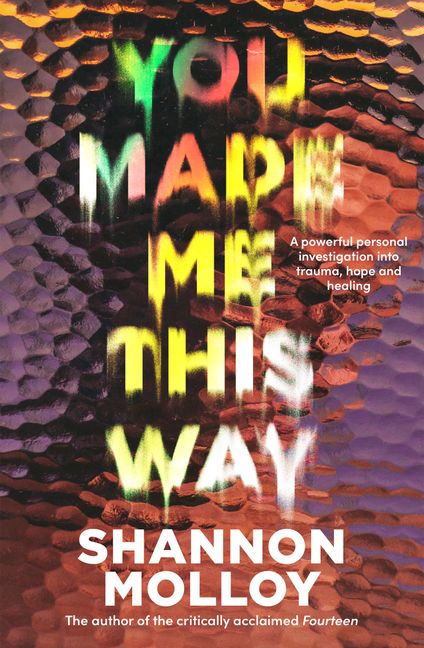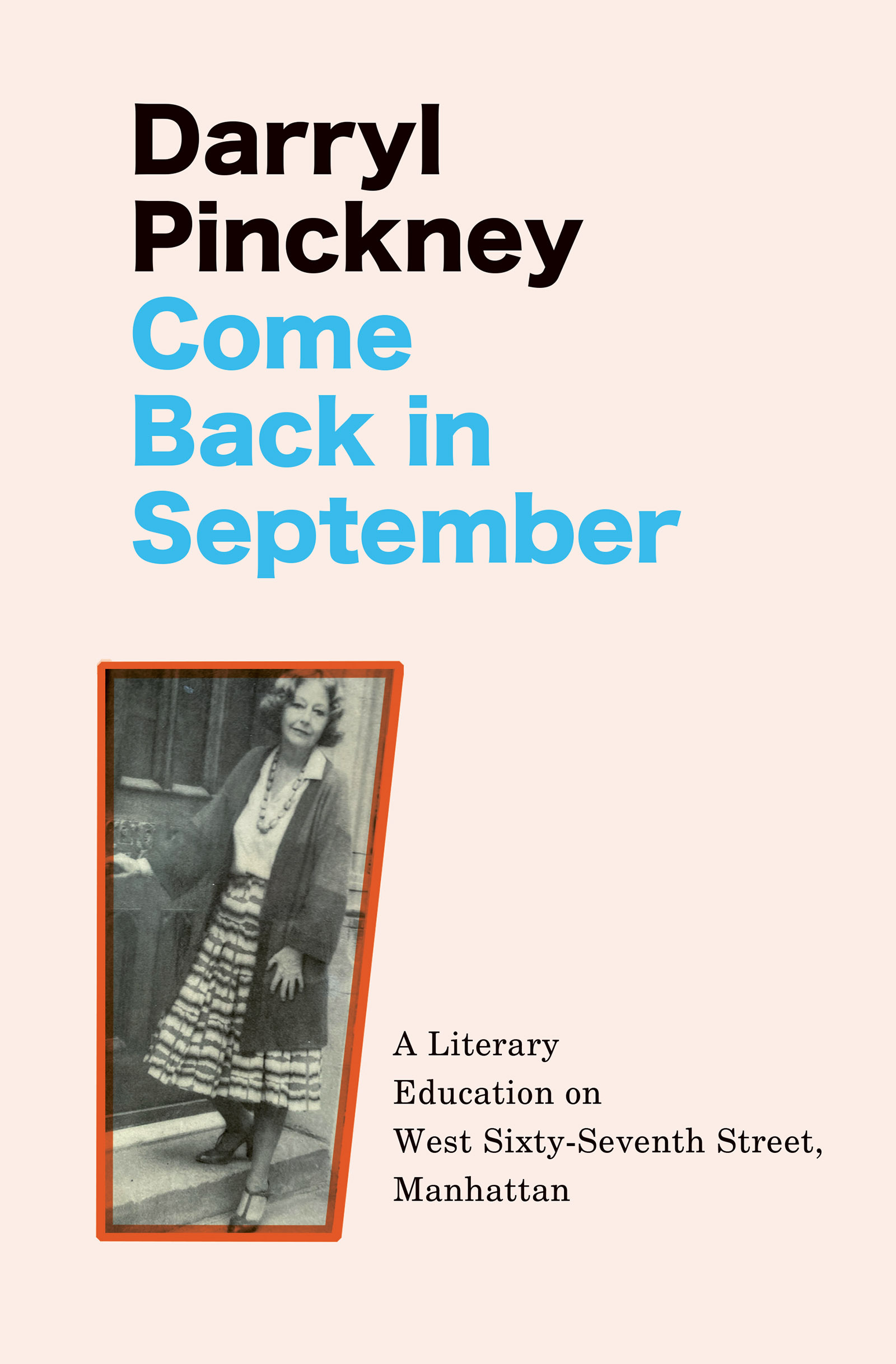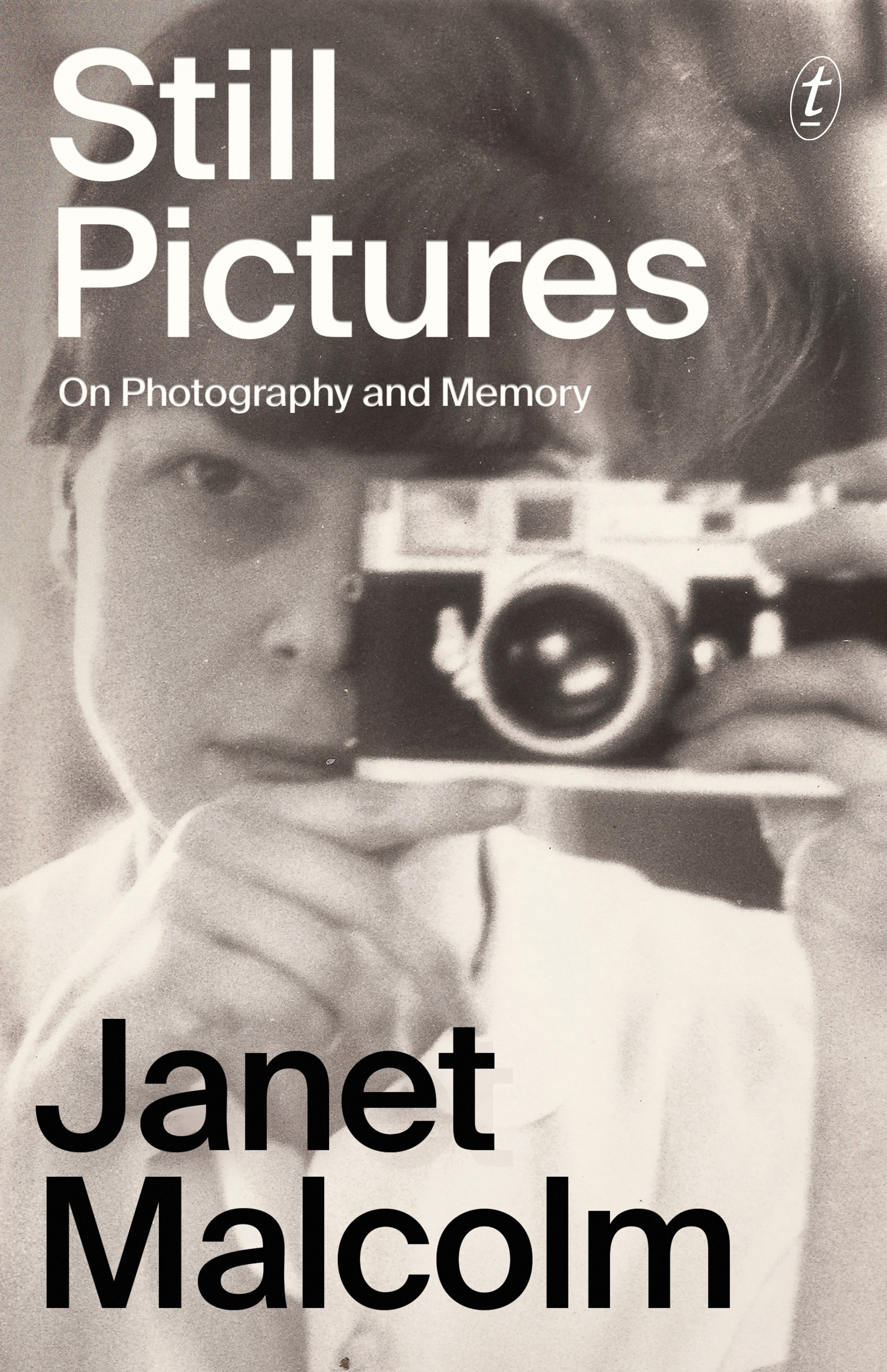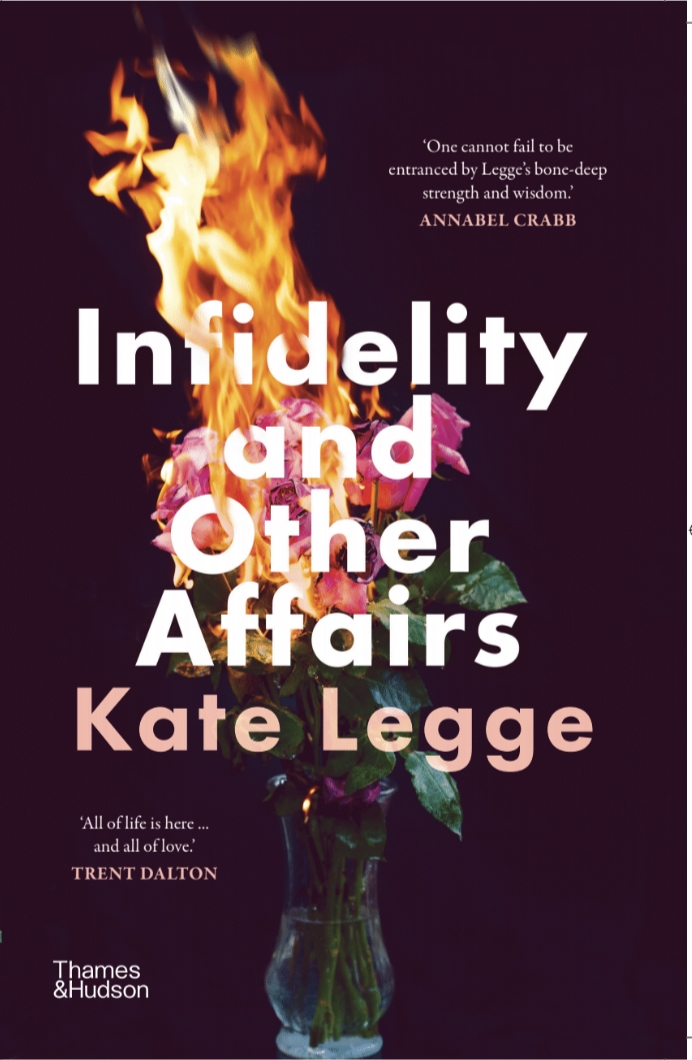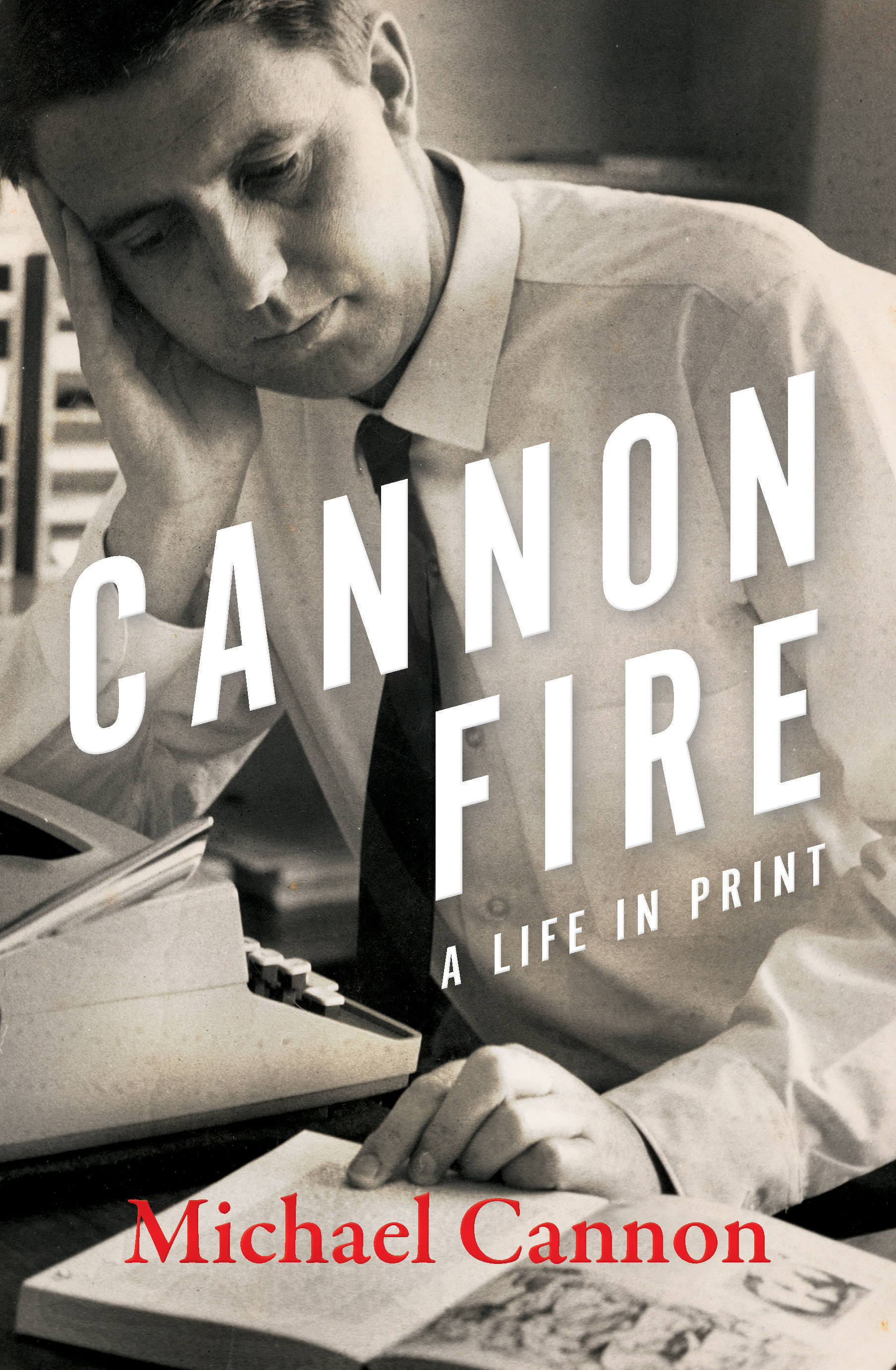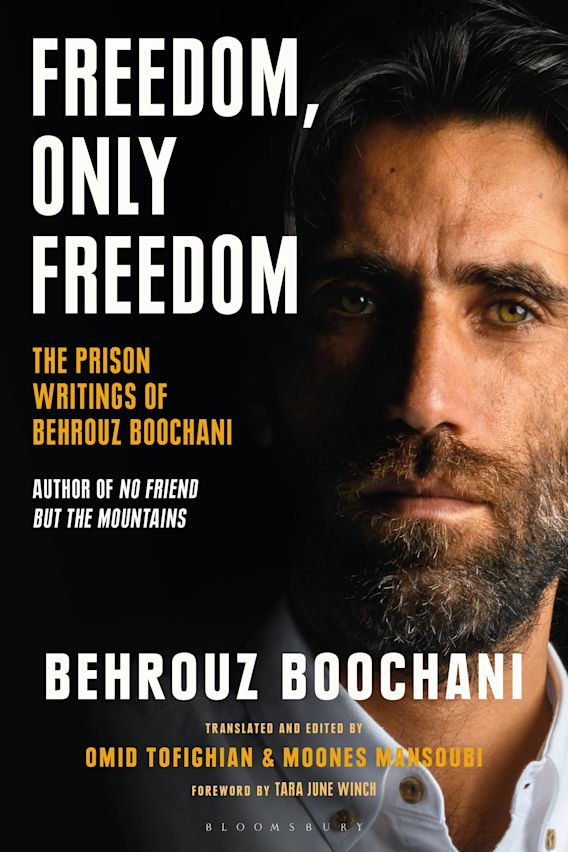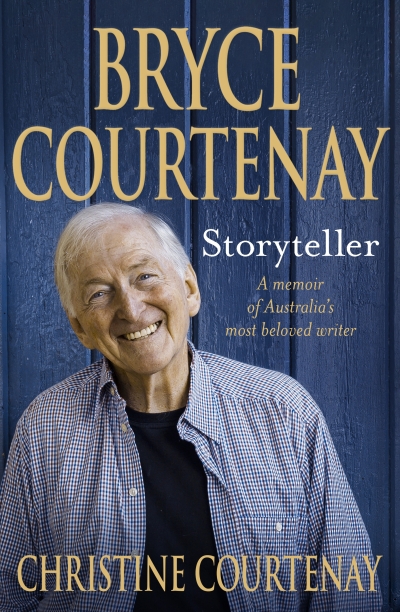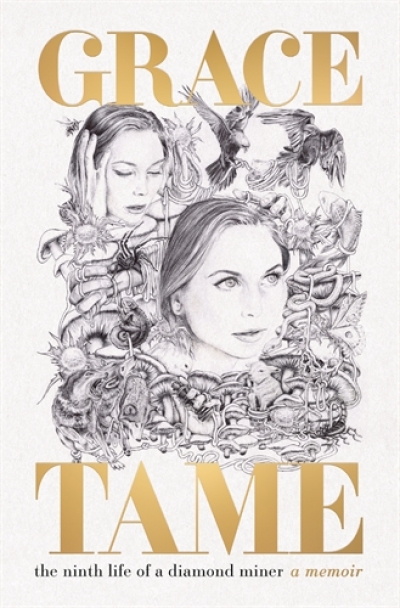Memoir
Melvyn Bragg has been a British cultural polymath since he more or less drifted into arts broadcasting after coming down from Oxford more than six decades ago. His own longevity (he is now eighty-three) is reflected in his two most enduring series. The first is In Our Time, a BBC Radio 4 discussion series and podcast that has been running for a quarter of a century. The second was The South Bank Show, whose more than 700 episodes were screened on the ITV television network from 1978 to 2010; from 2012 it has been running on Sky Arts. Bragg, as its editor and presenter, profiled many cultural giants: from Paul McCartney and Laurence Olivier to Marlene Dietrich and Dusty Springfield.
... (read more)This is a book about rage, as Chrissie Foster says in her opening sentence. It is motivated and driven by rage and, if this is not an oxymoron, it is a panegyric to rage.
... (read more)Shannon Molloy’s 2020 memoir, Fourteen, recounted a childhood and adolescence of grisly homophobic violence. Yet many readers of that book – a bestseller, adapted for the stage and optioned for a film production – may find You Made Me This Way noteworthy in part because it reveals what Fourteen left out: the sexual abuse Molloy suffered, beginning at age five, at the hands of an older boy. This omission underscores one of the book’s central theses, that on average male victims of child sexual abuse find it harder than female victims to disclose their experiences. A conditioned reticence with grave implications – ‘[t]here is death in secrecy’. Molloy’s book, a hybrid of autobiography and journalism, takes socially important steps in assessing – and humanising – these implications.
... (read more)Come Back in September: A literary education on West Sixty-Seventh Street, Manhattan by Darryl Pinckney
first went to New York City in January 1975. It was wonderfully dilapidated. There was a blizzard of sorts, but I had the light jacket I had bought in Athens. If it was cold, I didn’t notice. The morning I arrived, there was a particularly gory pack murder on the subway. I read about it in the Times. So I avoided the subway and walked everywhere, through the sludge. We all knew what happened if you strayed into Central Park. Folks in Columbus, Ohio, where I had been staying with friends, had implored me not to visit New York. They couldn’t imagine why a nice young boy from somewhere called Melbourne – anarchically long hair and freakish wardrobe notwithstanding – wanted to visit that sinful city. (Still missing Nixon, they spoke of sin and sodomy.) I stayed in Midtown, in a grungy hotel soon to be demolished. The old black-and-white TV was on a constant loop, but I followed The Dick Cavett Show as best I could. The louvred door to my room cast terrifying shadows over my bed whenever anyone passed my room. Each night I dreamt that an ogre was on his way from Wall Street to stab me to death. In the morning I had breakfast for 99 cents – or, if I was hungry, $1.99. Then I didn’t eat for the rest of the day. I haunted the grand old bookshops that lined Fifth Avenue in those days. I visited the Metropolitan Museum for the warmth, but I didn’t know about the Frick. Velvet Underground wasn’t playing at the Metropolitan Opera, so I skipped that. During my stay in New York I didn’t speak to a soul, which suited me fine. It was the purpose of my visit.
... (read more)Janet Malcolm knew the difference between the remembered thing and the thing itself. Her writing life and 1984 masterpiece, In the Freud Archives, explored that crevice, asking: is what really matters how we experience life, not life itself?
... (read more)When journalist Kate Legge’s husband of twenty-five years – former Fairfax CEO Greg Hywood – cheated on her with one of her girlfriends, she was discouraged from taking revenge in her most natural of forums: the printed word. Legge, who at the time worked as a features writer at The Australian newspaper, was lucky enough to have a wise adviser and fellow wordsmith discourage her from an impetuous dash to publish and be damned, or what Legge refers to as ‘every writer’s therapeutic reflex’. Instead, Legge, aware that the aftermath of an affair is not the time for momentous declarations or public confessions – and wanting to protect their two sons – adopts a double life: smiling grimly through workdays and functions, while internally afflicted by grief, self-hatred, fury, and an increased vigilance of her husband and his devices. When she discovers not one but two mistresses, she forwards the emails of one paramour to the other, puncturing any fantasies that they were unique in Hywood’s eyes.
... (read more)Journalist, editor, and publisher, Michael Cannon rose to prominence in print during its golden age of boundless advertising dollars, when those ‘rivers of gold’ paid for high salaries, fully staffed beats, and morning and evening newspaper editions. This was not a world of shrinking pages and newsroom cuts, of ‘digital-first’ mantras, click bait and Murdoch domination – not yet. But newspapers were not necessarily more sophisticated places either, which makes Cannon’s memoir as much a rejoinder to the lionising of lost newspaper culture – a challenge to the notion that things were always better back then – as the story of a remarkable career.
... (read more)Freedom, Only Freedom by Behrouz Boochani, edited and translated by Omid Tofighian and Moones Mansoubi
In 2018, No Friend but the Mountains: Writing from Manus Prison became a literary sensation. It was written by Behrouz Boochani, a Kurdish-Iranian journalist and refugee who was incarcerated by the Australian government on Manus Island. Like thousands of others, Boochani had travelled by boat to seek asylum in Australia. From Manus, he texted passages to collaborators in Sydney. There, Omid Tofighian and Moones Mansoubi developed the work further. Through reportage, storytelling and poetry, it bore witness to the horrors of immigration detention. By 2019, No Friend had won some of Australia’s major literary awards and Boochani had become internationally renowned. In November 2019, he was invited to attend a festival in Christchurch, New Zealand. After six years in detention, he was free. The system that had imprisoned him remained intact.
... (read more)In the introduction to her book about Bryce Courtenay (1933–2012), Christine Courtenay writes: ‘To be Bryce’s wife was both a joy and a privilege, and I remain proud of the contribution I made to our years together. Not long after we became a couple, he said, “I love you very deeply and we make a fantastic team, but you do realise you have taken on a full-time job looking after me? Plus, for seven months a year you’re a writer’s widow while you wait for me to finish each book.”’ It is a paragraph that reveals something about their relationship, including its power balance.
... (read more)Grace Tame was sixteen years old, and it was 2011, when the first account of the repeated sexual assault and child abuse she had endured as a victim of her fifty-eight-year-old high school maths teacher, Nicolaas Bester, appeared in her local newspaper, the Hobart Mercury. She was hanging out with two close friends, their parents were at work, and she thinks it was probably the school holidays. The headline (‘Teacher Admits to Affair with Student’) was accompanied by ‘a huge picture of his face’ and a ‘romanticised description’ of the first time her abuser had exposed himself to her.
... (read more)
